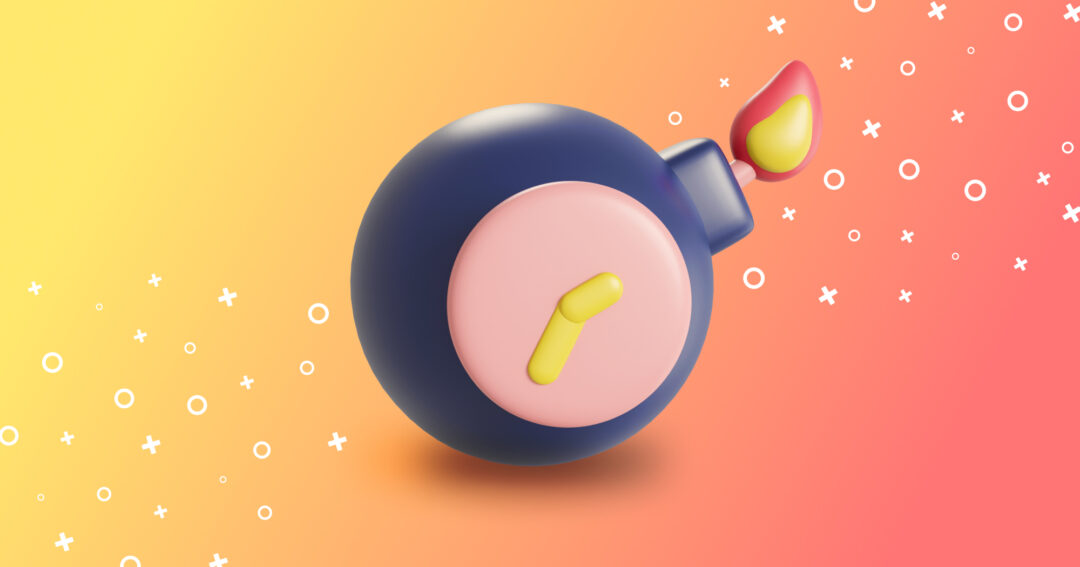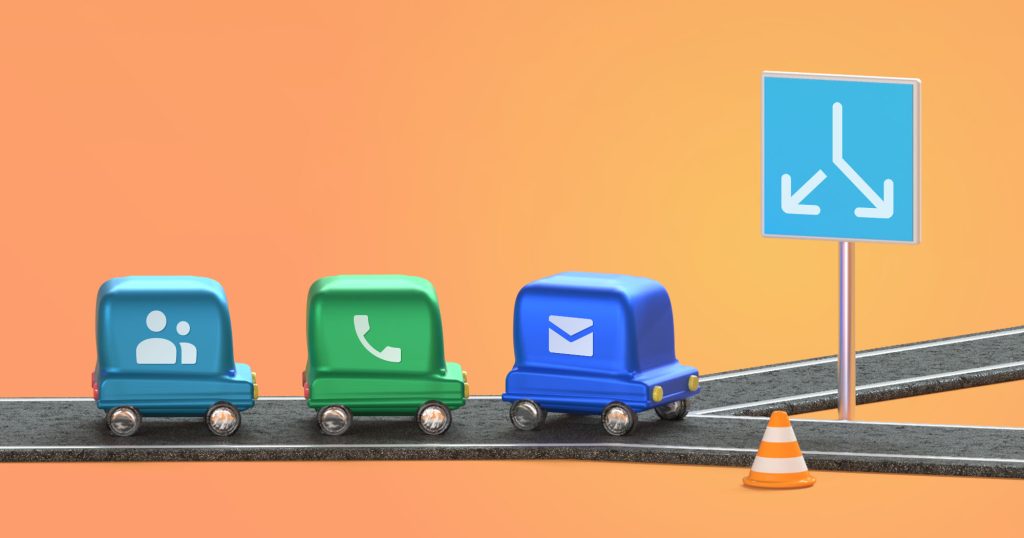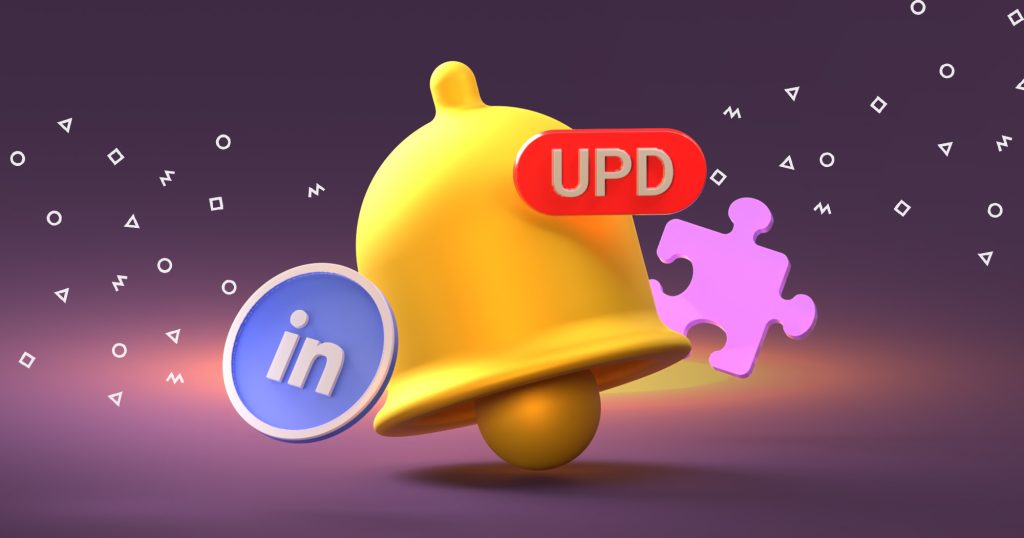Sales development representatives (SDRs) play a key role in the sales process, acting as the first point of contact between potential leads and the company. For the right individual, being an SDR can be a rewarding job and the start of an enjoyable sales career, but it also comes with challenges.
Sales can be a high-pressure environment and SDRs are on the front line. Trying to hit quota, handling rejection, and managing a heavy workload can cause stress and lead to burnout.
In this article, we’ll take a look at some practical tips and strategies SDRs can use to manage their stress and prevent burnout, ultimately leading to a more fulfilling and successful career in sales.
Understanding stress and burnout
Before we can tackle stress and burnout, we need to understand exactly what we’re dealing with.
At its most basic, stress is our physical and psychological response to challenges and threats. The World Health Organization (WHO) defines it as a “state of worry or mental tension, caused by a difficult situation. How that looks can differ from person to person. You might feel angry and moody, ready to pick a fight with anyone who looks at you the wrong way. You might feel anxious like there’s a pit in your stomach.
As the WHO points out, everyone feels stressed at times. There are even “positive” sources of stress, like watching a scary movie, going on a roller coaster, or asking someone out on a date. Even when it’s negative, stress serves a purpose, letting us know something is wrong and providing a burst of energy to do something about it.
The real problem is when we experience too much stress. If the stress goes on for too long and we don’t address the root cause, we can end up suffering burnout.
While it’s not technically classified as a medical condition, burnout is included in the international classification of diseases (ICD) as a “syndrome” specific to the workplace, characterized by three symptoms:
- Feelings of energy depletion or exhaustion
- Increased mental distance from your job or feelings of negativism or cynicism related to your job
- A sense of ineffectiveness and lack of accomplishment
We’ve probably all felt like that from time to time, but if left unchecked this can have serious effects on our physical and mental health. What may start as an “off day” can quickly spiral, leaving us feeling hopeless and exhausted. While burnout specifically applies to the workplace, the consequences can spill over into our personal lives, affecting both ourselves and our loved ones.




